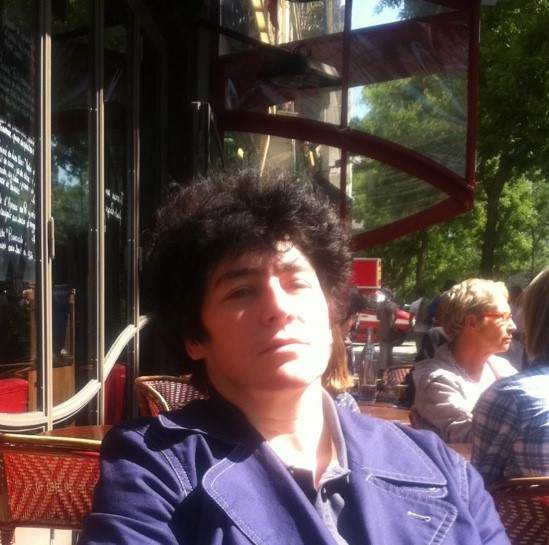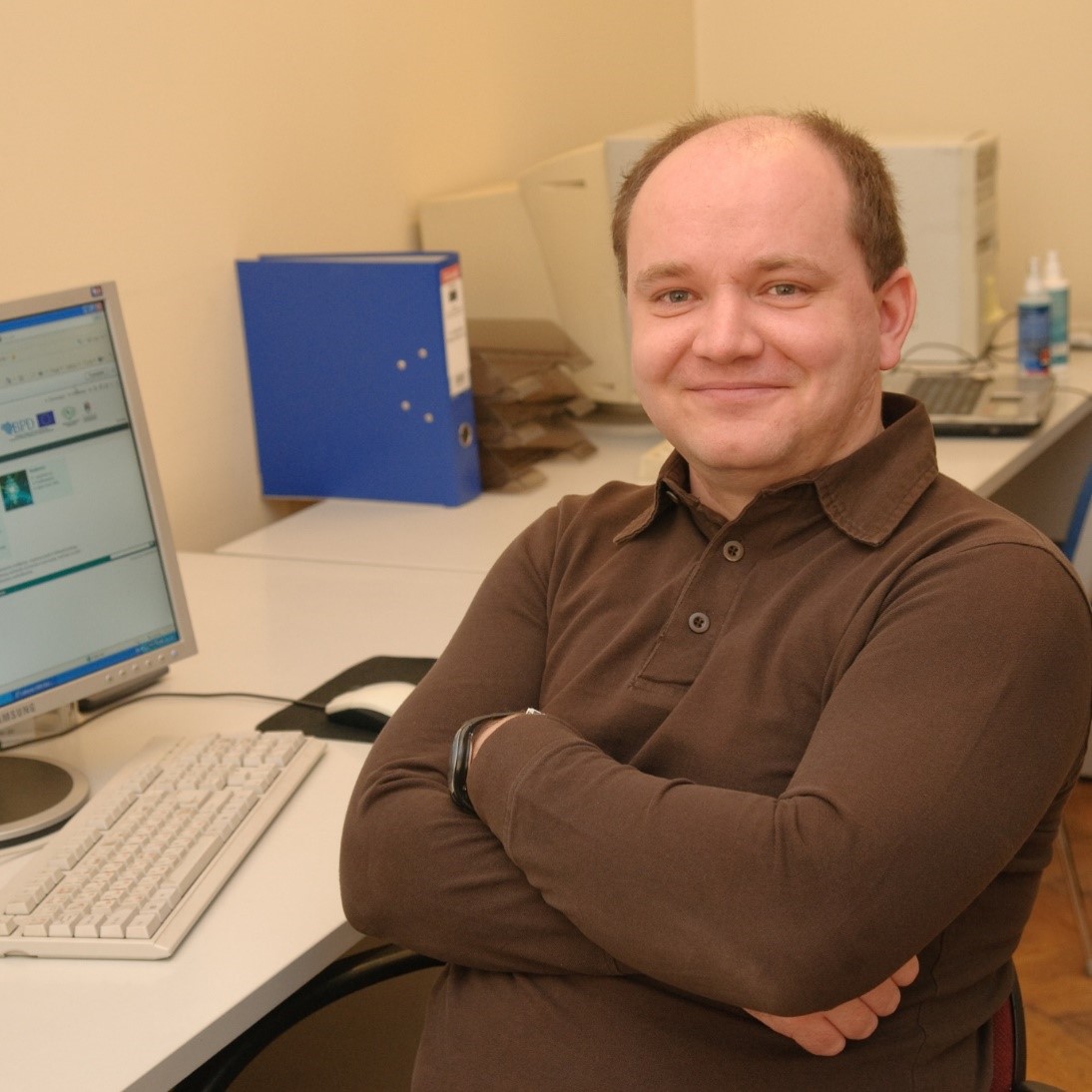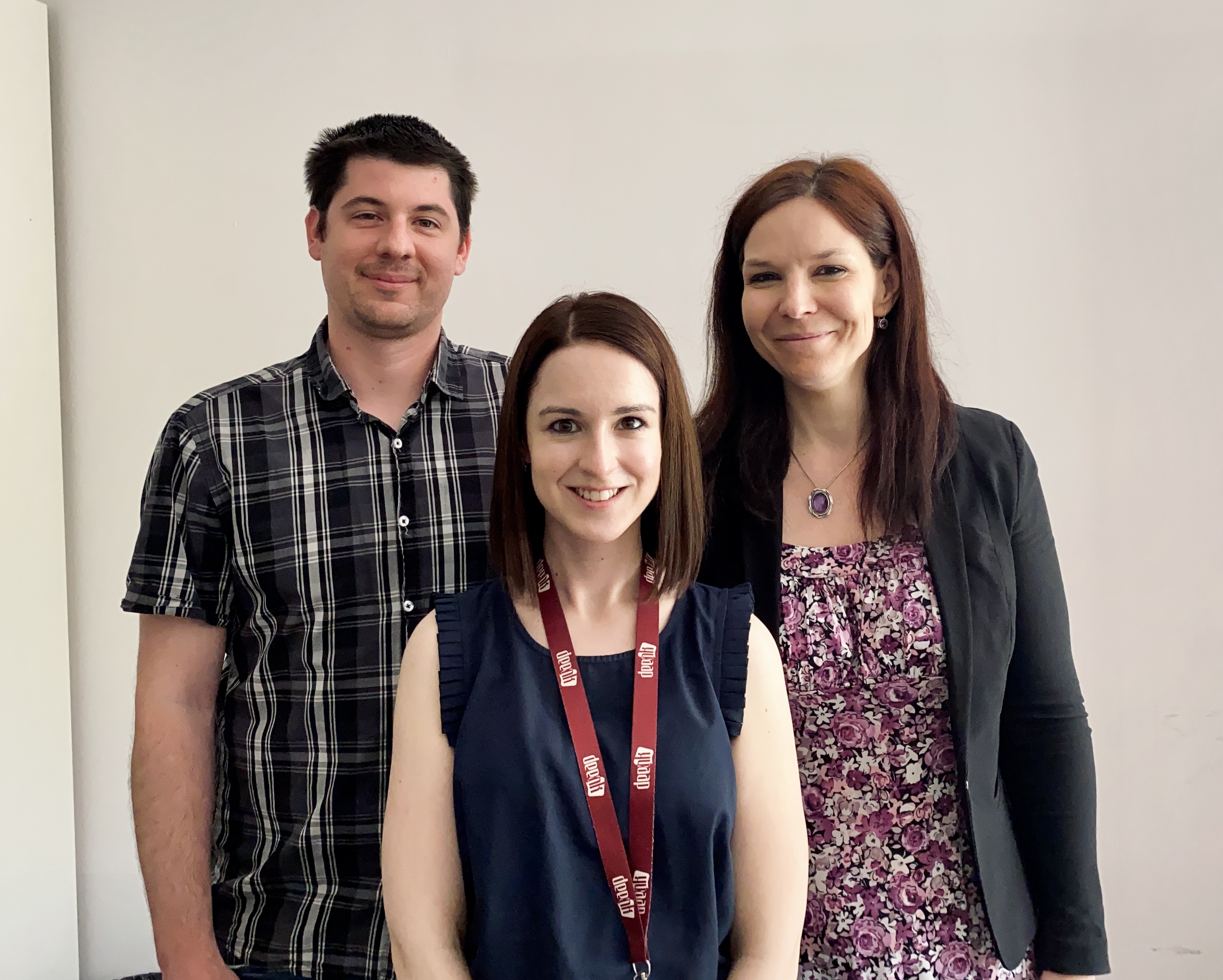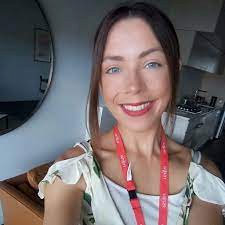Optimising (RDA) Open Science Frameworks and Guidelines in the context of EOSC
EOSC Future
Research Data Alliance
13 August 2021 - 12:00 am CET
30 November 2021 - 04:00 pm CET
Individuals or Organisations
€12.500
This call is seeking applications from individuals or organisations around the concept of improving existing technical data frameworks while at the same time leveraging on existing RDA recommendations and outputs. Successful proposals will focus on maintaining, optimising and documenting existing frameworks with particular reference to RDA’s Outputs and Recommendations. Special attention will be given to mapping out how to reimplement the frameworks in the context of EOSC and make relevant documentation available. Proposals are expected to detail a future vision, for example of how the community will build future iterations so that future communities can easily operationalise the frameworks.
Successful applications should consider existing implementation scenarios and whether further documentation is needed, for example: Is the guidance up to date, and ready to operationalise; what communities can be involved to update it; are they aligned to new emerging standards, global or European. The aim is to leverage on community resources and review the existing processes for implementation.
Background:
RDA is running a series of calls, in the context of the EOSC Future project, to further enable integration and take up of EOSC services. The purpose of these RDA Open Calls is to engage the community from a bottom up approach to contribute their know-how to EOSC. The purpose of these grants is to enable communities outside of EOSC to leverage EOSC services. This first call iteration specifically targets small projects to show implementation and take up. It aims to support and encourage examples of adoption of existing RDA recommendations and outputs which can benefit the community around EOSC and to promote examples and lessons learnt.
The scope is wide-ranging and projects should be short, and focused for a period of three months.
Meet the grantees

Covid Data Companion
What:
Covid-19 data has been of paramount importance in biomedical research for the past 3 years and continues to symbolize the absolute necessity of sharing research data within larger and larger communities. These data, as well as all the resources used to manage and analyse them, must be accessed without difficulty through an infrastructure such as EOSC.
Who:
Isabelle Perseil, Engineer and Doctor in Computer Science at Telecom Paris
Biography:
Scientific Domain:
Computer science in biomedical research
Country:
France

Framework for increased discoverability of Social Science Data Objects in the EOSC Portal Service Catalogue
What:
This proposal aims to recommend a framework for harvesting and delivering for discovery rich metadata of social science data objects for the EOSC Portal Service Catalogue. The proposed framework would allow to enrich generic descriptors of data with relevant additional information depending on the type of the SSD object.
Who:
Vaidas Morkevicius, Senior Researcher at the Lithuanian Data Archive for Social Sciences and Humanities (LiDA, https://lida.dataverse.lt)
Biography:
Scientific Domain:
Metadata & social science
Your Outputs:
- Project's Zenodo community
- Spotlight on the Lithuanian Data Archive for Humanities and Social Sciences (LiDA) on the CESSDA site
- Blog post providing more details about the project and its background (to be published soon)
Country:
Lithuania

FAIRsharing implementation at the University of Debrecen
What:
University of Debrecen (UD) has joined this project to create the framework for the existing and new research data repositories regarding research data management policies. UD has a history in fostering scientific communication and in the past few years the focus of the national scientific community has been drawn to research data management.
Who:
- Judit Fazekas-Paragh, Research Support Librarian at University of Debrecen
- Anikó Kiss, Research Support Librarian at University of Debrecen
- Adam Szaldobagyi, Data Steward at the University of Debrecen
Biography:
Scientific Domain:
Research data repositories
Country:
Hungary

Contextual Metadata Futures: Building Indigenous Data Provenance Capacity for the European Reference Genome Atlas
What:
ERGA, the European Reference Genome Atlas aims to generate high-quality reference genomes for Europe’s eukaryotic biodiversity. ERGA has a member-base of 700 researchers across 48 countries. A key goal of ERGA is to streamline the collection and storage of ethical and legally compliant metadata for all genomic data generated.
Who:
Ann Mc Cartney, Postdoctoral Research Fellow at National Human Genome Research Institute (NHGRI)
Biography:
Scientific Domain:
Genome
Country:
Ireland
FAQs
This programme is designed to support the integration of disciplinary groups and take up of services. RDA welcomes applications from people or groups who are committed to RDA, FAIR-isation of data. These can be junior/senior researchers, mid career data professionals, and data scientists. They can be based in research groups or institutions, or SMEs across Europe, provided they meet the criteria below. Each grant will be awarded for €12.500 and a total of 18 grants with this focus will be awarded over the lifetime of the EOSC Future project.
The following outcomes should be considered in successful applications:
- Analysis of existing technical documentation and if it is fit for purpose, where it can be optimised.
- RDA Recommendations: promoting existing recommendations within a community.
- Translating an RDA recommendation into a technical document or a manual and set out how future communities can use it.
- Provide a model for how the RDA recommendations would work in the EOSC environment, for example integration into horizontal or disciplinary infrastructures and interfaces and implementation scenarios for the EOSC federating core.
- Frameworks should be based on existing RDA outputs and recommendations.
- Applicants should demonstrate that they have been or are currently involved in RDA as an active member, participant, chair or contributor to a WG or IG especially in the last 12-18 months.
- Be proactive and willing to contribute to RDA recommendations or outputs testing and adoption particularly in European institutions.
- Have a good understanding of EOSC, the FAIR movement.
- Reside and/or work in a EU country or associate countries.
Further conditions
- This call is not open to members of the EOSC Future consortium. Staff working on the EOSC Future project (i.e. directly funded through a beneficiary (its department or unit executing EOSC Future activities), as a LTP or seconded personnel) are not eligible to apply for grants under the RDA Open Calls and will be asked to tick a Declaration of Honour box upon application. Other staff of these participating institutions are eligible.
- If the evaluator’s institution applies for an RDA Open Call, the evaluator should declare their conflict of interest in reviewing the application.
- All successful applicants will have to provide a plan for a sound dissemination of the outputs created, openly licensed. A mid-term and final term report will be submitted, following a contractual agreement, highlighting progress, use cases and lessons learned.
- All results will be made available on the RDA site for 4 years. Successful applicants may be asked to share their details (photo, bio) for dissemination purposes.
- The work will need to be completed within 3 months within receipt of award.
Your proposal will take into account the RDA Guiding principles and demonstrate commitment to it. Proposals should drive the principles of openness and community activities.
Evaluators:
The applications will be evaluated by experts with insights to the RDA and group recommendations who have no conflict of interest (the applicant is not employed by the evaluator’s organisation nor is/are the recommendation(s) a direct result of their work).
Selection criteria
Candidates will be asked to submit an application that will be evaluated according to the following criteria:
- Excellence:
- A statement describing the commitment to the vision of EOSC, the FAIR movement, national Open Science agendas (implementation), links to European data infrastructures or similar federated infrastructures. (25%)
- A brief summary of previous and current activities demonstrating the applicant’s involvement and contributions to RDA related activities, Working/Interest Groups, development and/or promotion and/or adoption of RDA Recommendations and Outputs in European Institutions. (25%)
- Impact: Sustainability and impact potential of the proposal and how this can be carried forward within the context of EOSC and RDA. Applicants should put forward plans for continuing the work beyond the funding period. Methodology of application. The proposal must be thought through, well-written, clear and demonstrate the methodology works. (25%)
- Implementation (quality and efficiency):
- A summary of the proposed existing framework, how it is relevant to RDA. Outline the scenario for optimisation and update, the relationship to and impact on EOSC, and how an accompanying technical update can be created. (20%)
- Evaluation will also consider the following criteria to establish balanced and diverse distribution of the grants:
- Geographical balance,
- Gender balance,
- Preference to candidates in underrepresented fields within RDA. (5%)
Compensation
Successful applicants will receive a grant of 12.500€.
If you have further questions, please do not hesitate to contact us: Info@eoscfuture.eu
